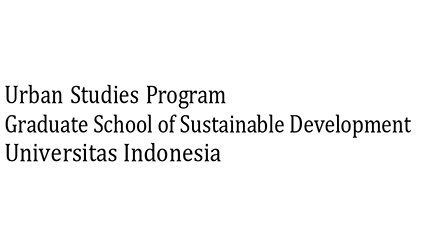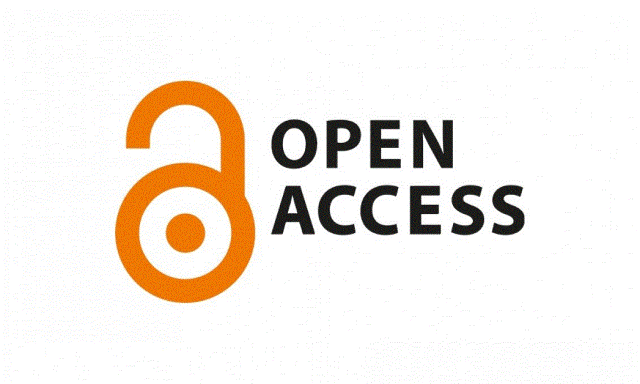Abstract
Background: Disparity in access to rural-urban health services is a global health priority problem. The health extension program is a basic preventive, promotive, and curative service targeting households to improve family health status with effective implementation, especially on remote islands. Therefore, we conducted this study to assess the utilization of health education programs and related factors in Kelapa Island, Pulau Seribu.
Aims: This study aims to assess the utilization of health education programs and their factors in Kelapa-Seribu Islands.
Methods: A mixed cross-sectional study at the household level in Kelapa-Seribu Islands. A multistage sampling procedure was used to select the 366 informants in this study. Researchers used SPSS software for data analysis.
Results: The results showed that 54 (14.75%) informants had used the health education program. Residential health education package [Adjusted Odds Ratio/AOR: 3.438 (95% Confidence Interval/CI: 1.88, 6.33)], post-visit health [AOR: 1.73 (95% CI: 1.105, 2.685)], knowledge [AOR: 1.52 (95% CI: 1.043, 2.40), home visits by health educators [AOR: 1.57 (95% CI: 1.02, 2.630)], and graduation from model family training [AOR: 2.10 (95% CI: 1.27, 3.11)] are significant factors on the utilization of extension health services.
Conclusion: The coverage of utilization of health education services in Kelapa Island is still low. Knowledge related to information on health education programs, residence, post-health visits, home visits, and family planning training is a significant factor in the utilization of health education services.
References
Aynalem, B. Y., & Melesse, M. F. (2021). Health extension service utilization and associated factors in East Gojjam zone, Northwest Ethiopia: A community-based cross-sectional study. PLOS ONE, 16(8), e0256418. https://doi.org/10.1371/journal.pone.0256418
FitzGerald, C., & Hurst, S. (2017). Implicit bias in healthcare professionals: a systematic review. BMC Medical Ethics, 18(1), 19. https://doi.org/10.1186/s12910-017-0179-8
Massie, R. G. A. (2019). Akses Pelayanan Kesehatan yang Tersedia pada Penduduk Lanjut Usia Wilayah Perkotaan di Indonesia. Jurnal Penelitian Dan Pengembangan Pelayanan Kesehatan, 3(1), 46–56. https://doi.org/10.22435/jpppk.v3i1.130
Pandey, K. R. (2018). From health for all to universal health coverage: Alma Ata is still relevant. Globalization and Health, 14(1), 62. https://doi.org/10.1186/s12992-018-0381-6
Saputri, R. A., Anggraeni, D., Sujadmi, & Sopamena, N. (2020). Environmental Sanitation and Stunting (Study of the Role of Women in Stunting Intervention). Journal of Physics: Conference Series, 1655(1), 012083. https://doi.org/10.1088/1742-6596/1655/1/012083
Zakiyah, U. (2022). Peran Pemerintah Kabupaten Kepulauan Seribu dalam Mengatasi Permasalahan Air Bersih dan Sampah (Studi Kasus Pulau Tidung). Jurnal Studia Administrasi, 4(1), 2–12. https://doi.org/10.47995/jian.v4i1.71
Recommended Citation
Fakhirah, Jehan and Andita, Eurika Putri
(2023)
"Accessibility of The Kelapa-Seribu Islands Community to Health Service Facilities,"
Cities and Urban Development Journal: Vol. 1:
No.
1, Article 7.
DOI: 10.7454/cudj.v1i1.1001
Available at:
https://scholarhub.ui.ac.id/cudj/vol1/iss1/7






